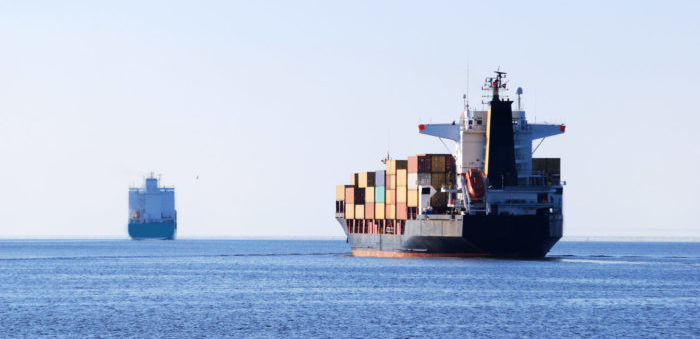Speaking in Istanbul, Simon Bennett, Deputy Secretary General of the International Chamber of Shipping (ICS) warned that preventing overcapacity and unsustainably low freight rates continues to be a major challenge ten years after the massive downturn of 2008.
Mr. Bennett noted that shipping companies should show restraint when ordering new ships, in order to prevent stifling recovery. However, the dark clouds of protectionism and reducing growth in key economies mean that the avoidance of over-ordering is more important than ever. He also acknowledged that individual operators would legitimately make their own individual business decisions regarding new tonnage.
Opinion is still divided on whether the rapid globalisation that has been experienced in the last thirty years may have run its course, and whether the slower rate of trade growth seen since the 2008 crisis represents some kind of permanent structural change. Certainly in 2019, the outlook for the global economy and thus demand for maritime transport appears to be worsening
[smlsubform prepend=”GET THE SAFETY4SEA IN YOUR INBOX!” showname=false emailtxt=”” emailholder=”Enter your email address” showsubmit=true submittxt=”Submit” jsthanks=false thankyou=”Thank you for subscribing to our mailing list”]
In 2018, vessel ordering was less by 14%, around 17% below the average since the 2008 downturn. This could be a suggestion that many shipowners may resist the temptation to over order and in early 2019, the worldwide shipping order book appeared to be at a stable rate of around 10% of the fleet.
Nonetheless, the reluctance of Asian governments, where most of the ships are built, to mitigate overcapacity in the shipbuilding sector is still a serious issue.
Mr. Bennett also explained that decisions about when to recycle older ships are crucial to the equation. The silver lining is the fact that several important regulatory uncertainties, which have complicated decisions about when best to dispose of older ships, have now been addressed. This includes the implementation dates of the IMO Ballast Water Management Convention, while despite the precise cost of compliance with the IMO sulphur regulations is unknown, the situation should become clearer after January 2020, as IMO has confirmed that the implementation date of the global sulphur cap will not change.
In addition, ICS is encouraged to continue negotiations regarding an agreement to remove market distorting measures from shipbuilding that contribute to overcapacity. However, it remains to be seen whether China will participate.
Notwithstanding the risks of uncertainty in the immediate years ahead, in the long term there is always cause to remain optimistic. The UN has revised its projections for population growth upwards to an incredible 8.6 billion in 2030 from 7.7 billion in 2018. Combined with seemingly unstoppable demand for higher living standards in emerging economies, this indicates that long term demand for international shipping should continue to increase significantly
Simon Bennett concluded.






























































